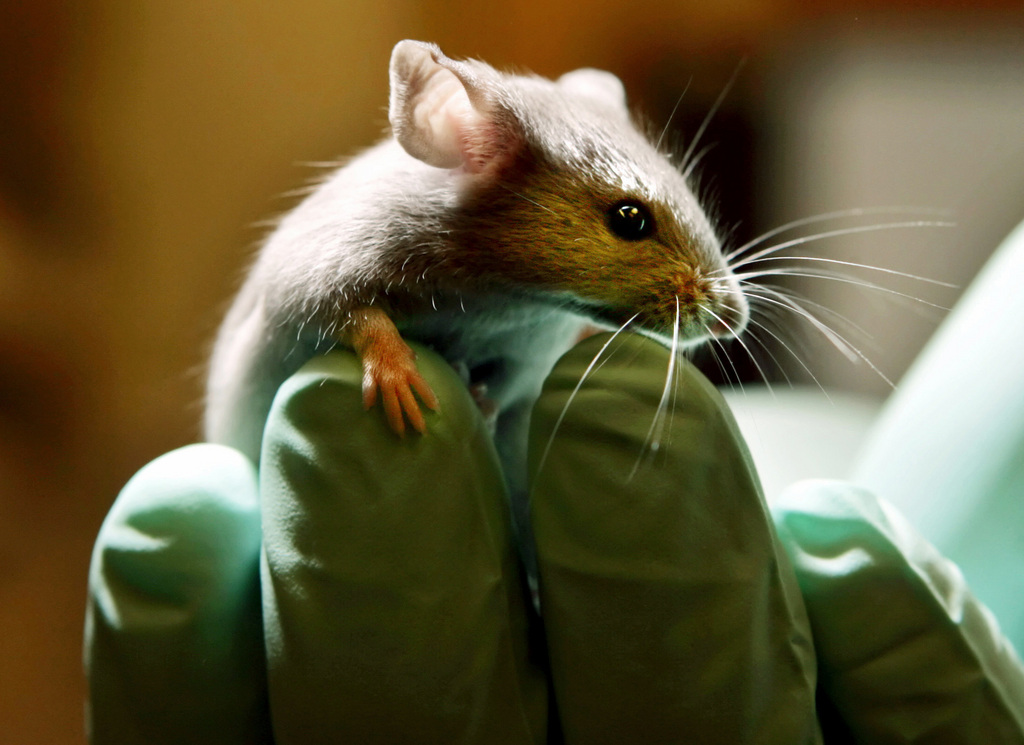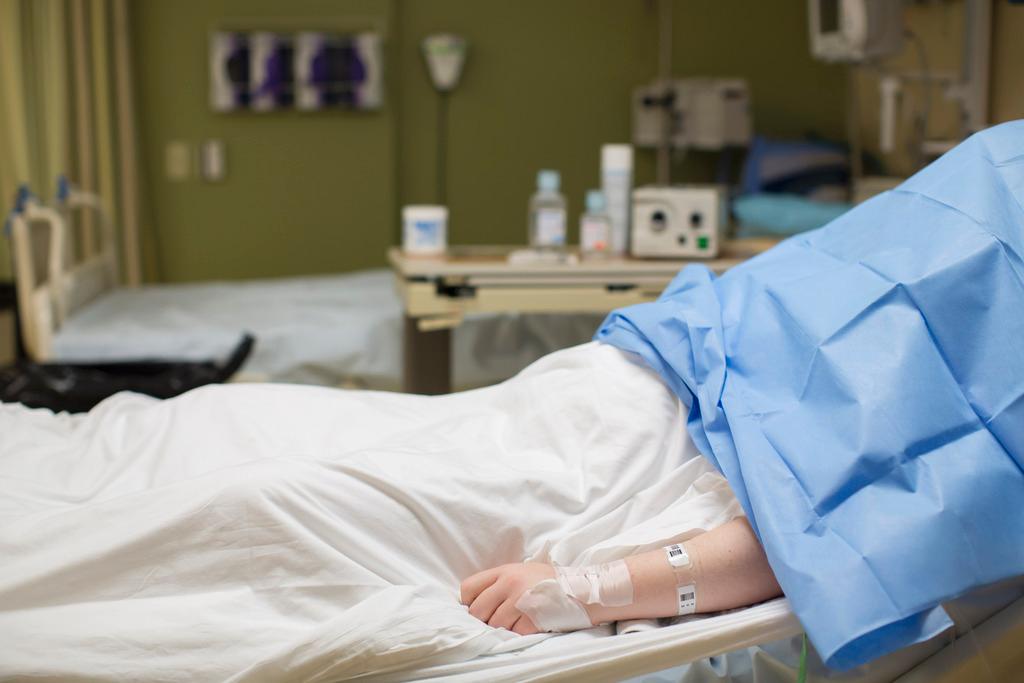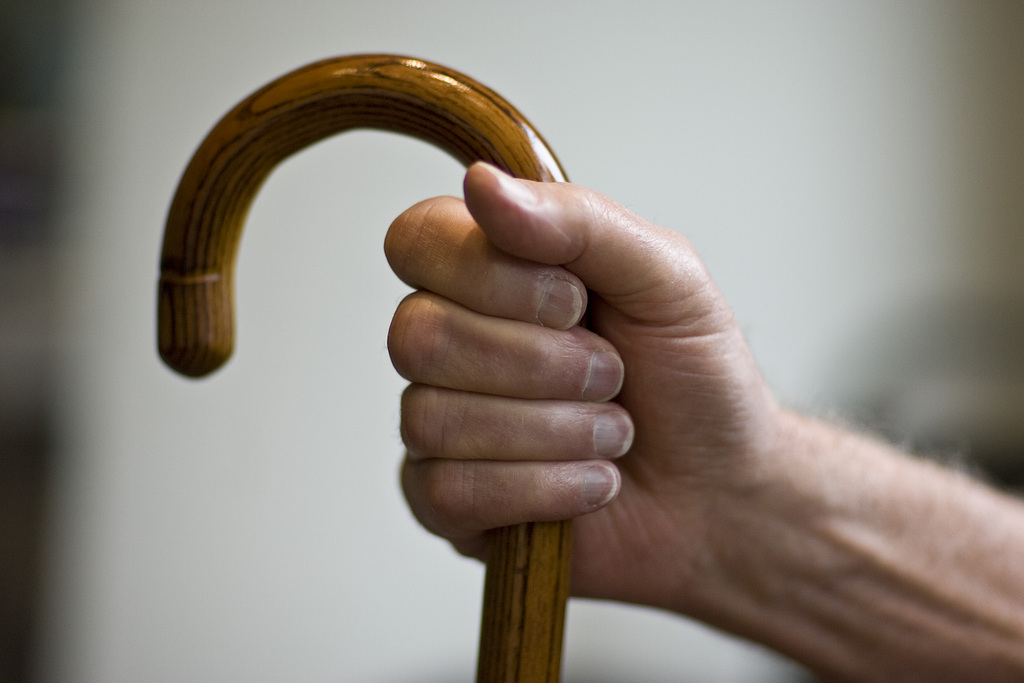More animals used for behavioural studies

The number of animals used by in Swiss test laboratories has risen for the first the time in three years, mainly as a result of experiments on fish and poultry. Around 2% of the lab animals were subject to severe testing.
The Federal Food Safety and Veterinary Office said more than 606,000 animals, mainly rodents, were experimented on in 2014, an increase of 2.8% on 2013. Behavioural studies conducted on poultry and fish were largely responsible for the rise.
Nearly half the laboratory animals were used for basic research purposes at universities and hospitals.
The industry recorded a slight drop in animal experiments, according to the veterinary office. However, there was almost a fourfold increase – from 1,784 to 6,728 – in the number of animals used for medical diagnostics.
The office says any experiments on animals have to be approved first by the authorities in line with Swiss animal protection law – one of the strictest in the world.
Alternatives
Last week, the government called for a reduction in the number of animal experiments and encouraged the use of alternative options.
Measures include the creation of a national centre of competence to boost closer cooperation between universities and industry, as well as state-of-the-art research equipment.
In the 1980s about two million animals were used every year for testing purposes before the number gradually dropped to around 600,000.
A Swiss animal protection groupExternal link has criticised the government’s response as insufficient.
It warned that neglecting alternative options not only harms animals but also undermines the credibility of Switzerland as a research centre, as the United States and Germany have invested in more animal-friendly methods.

In compliance with the JTI standards
More: SWI swissinfo.ch certified by the Journalism Trust Initiative












You can find an overview of ongoing debates with our journalists here . Please join us!
If you want to start a conversation about a topic raised in this article or want to report factual errors, email us at english@swissinfo.ch.